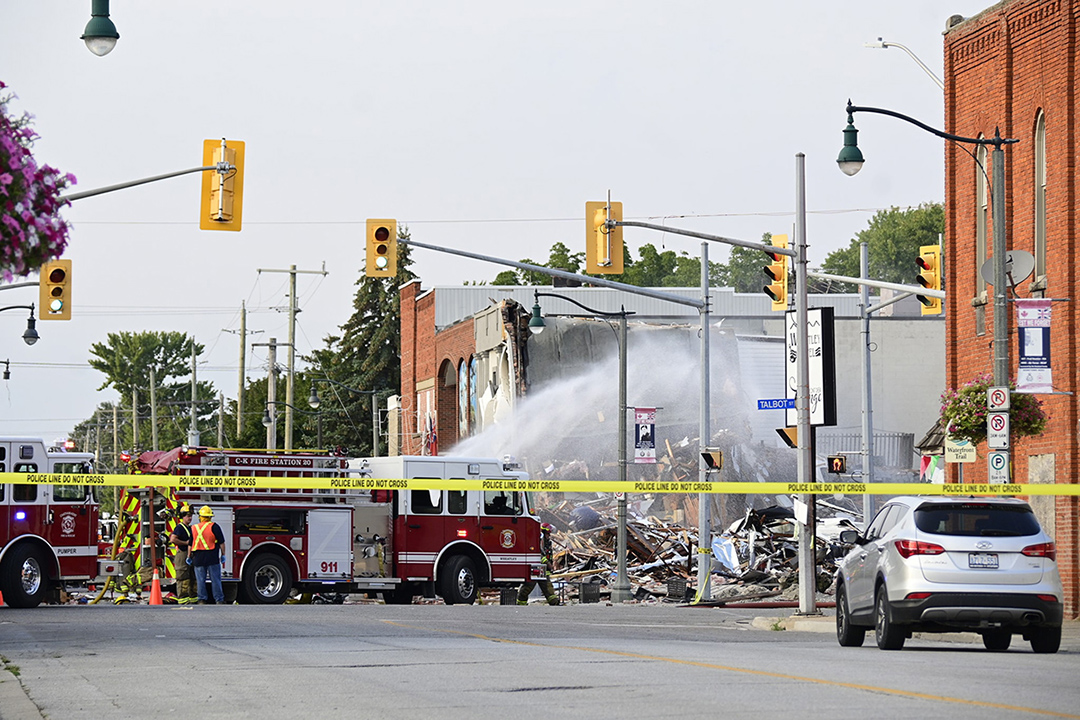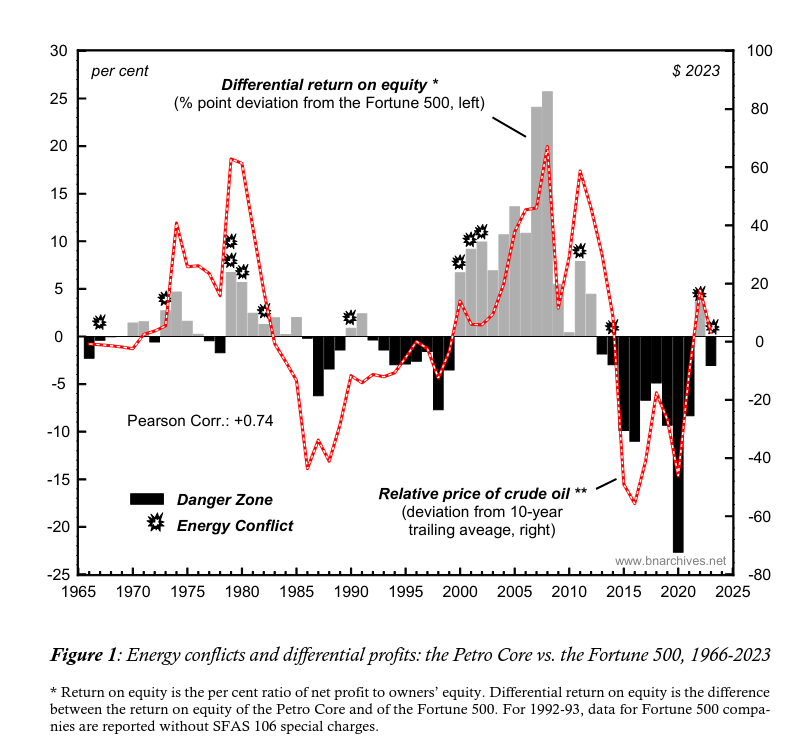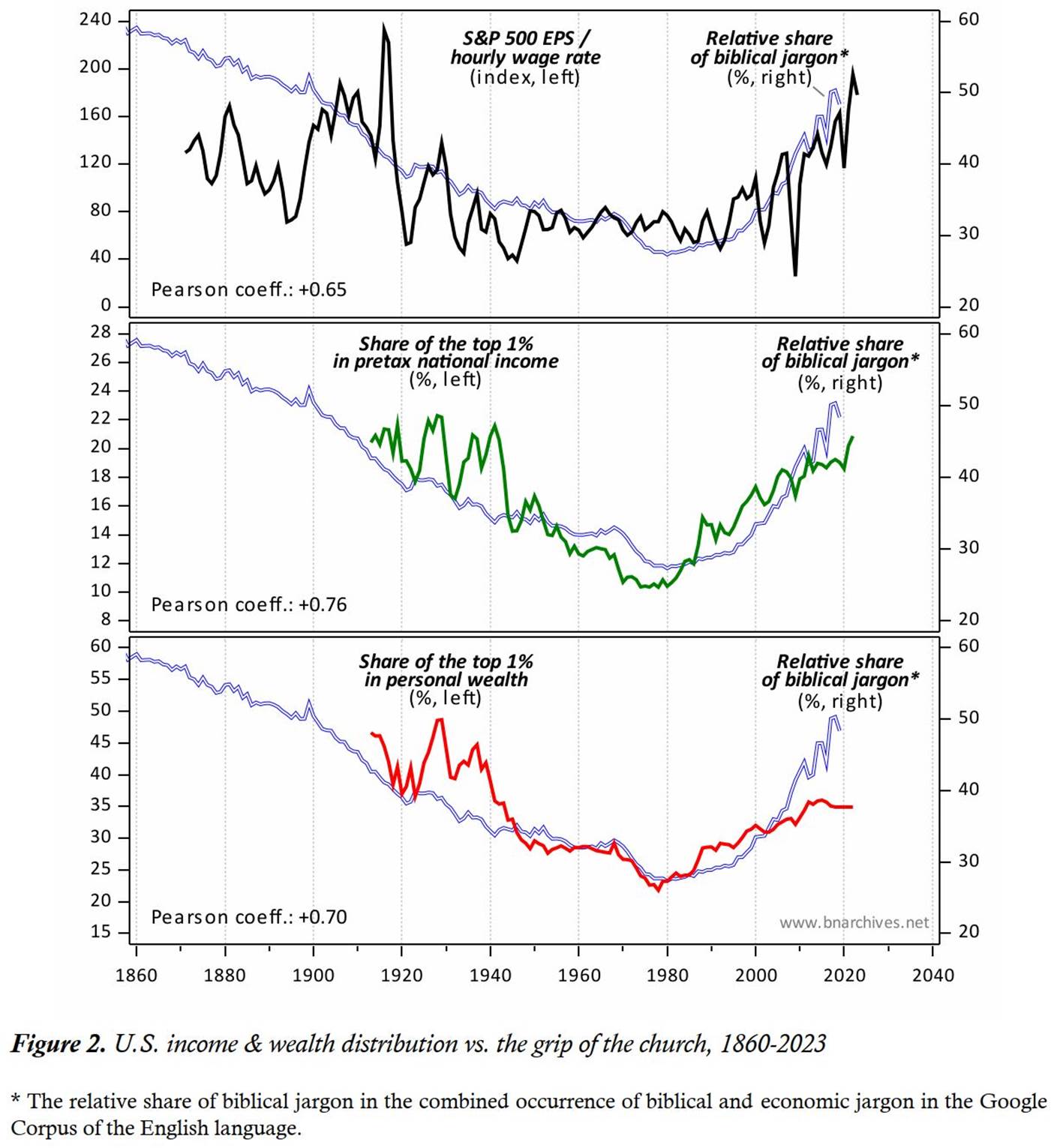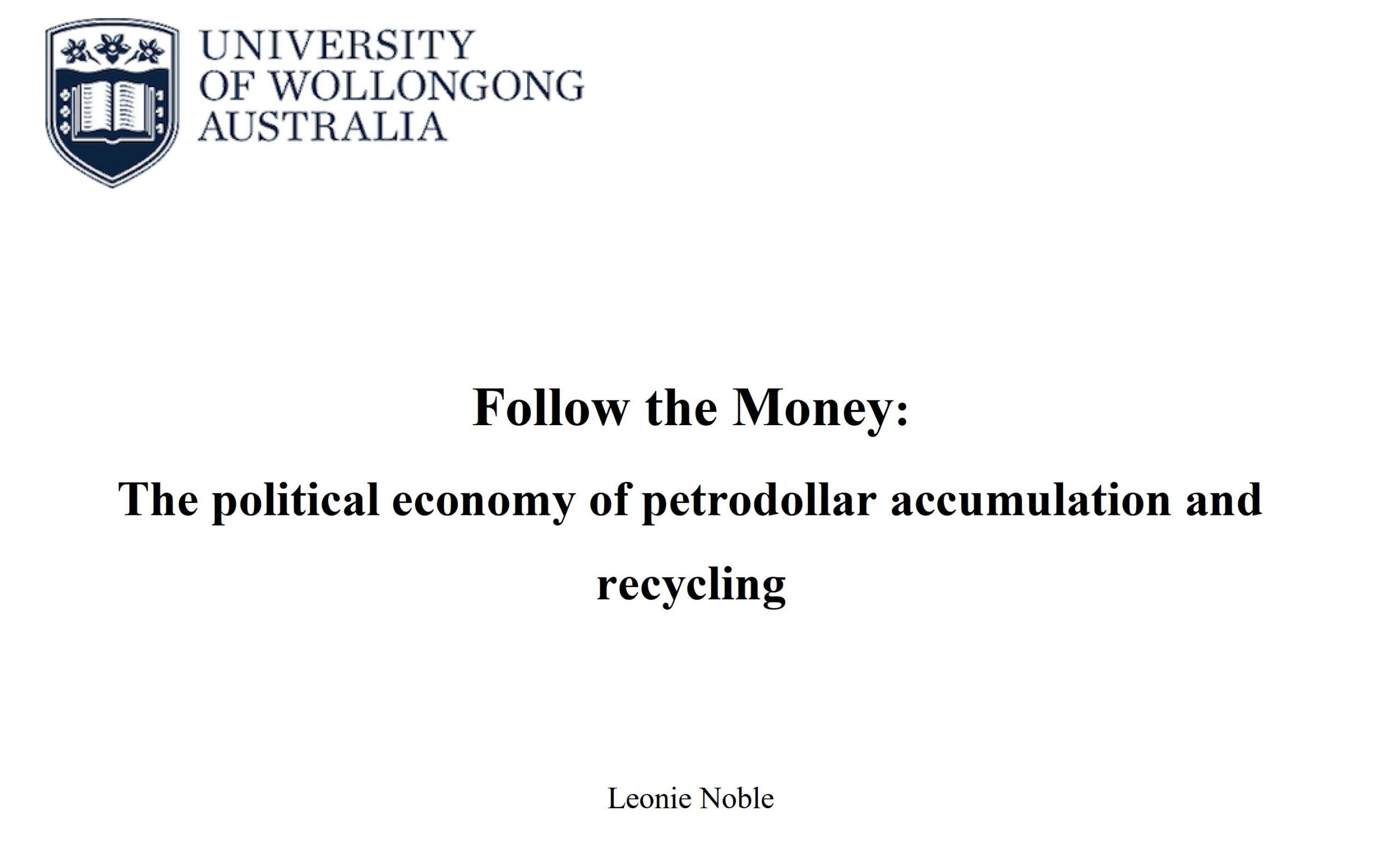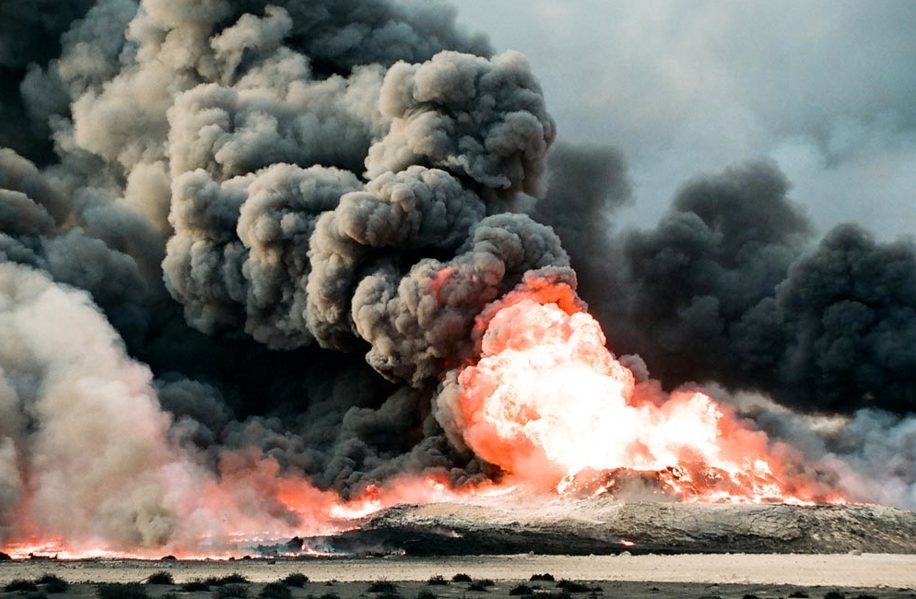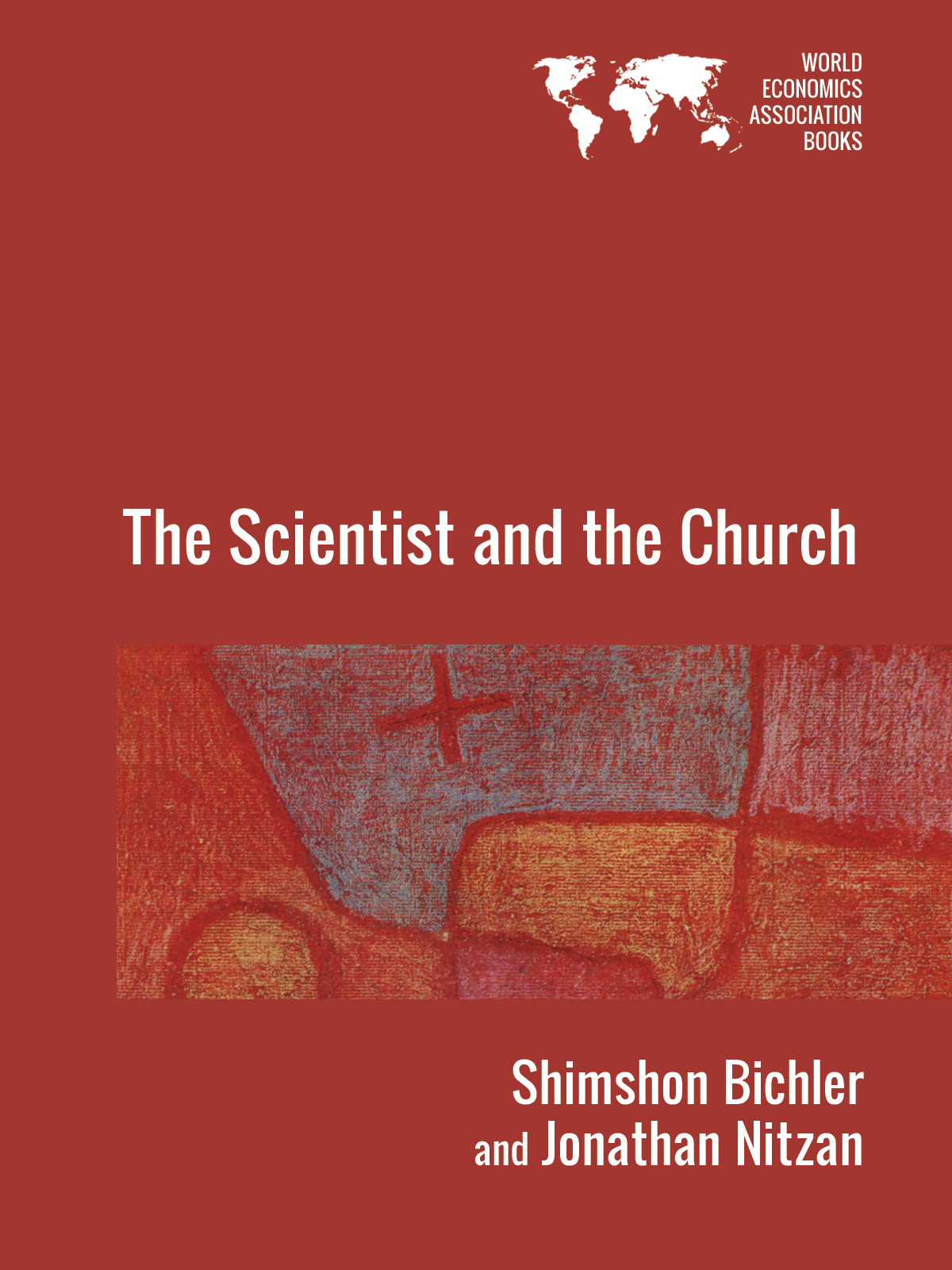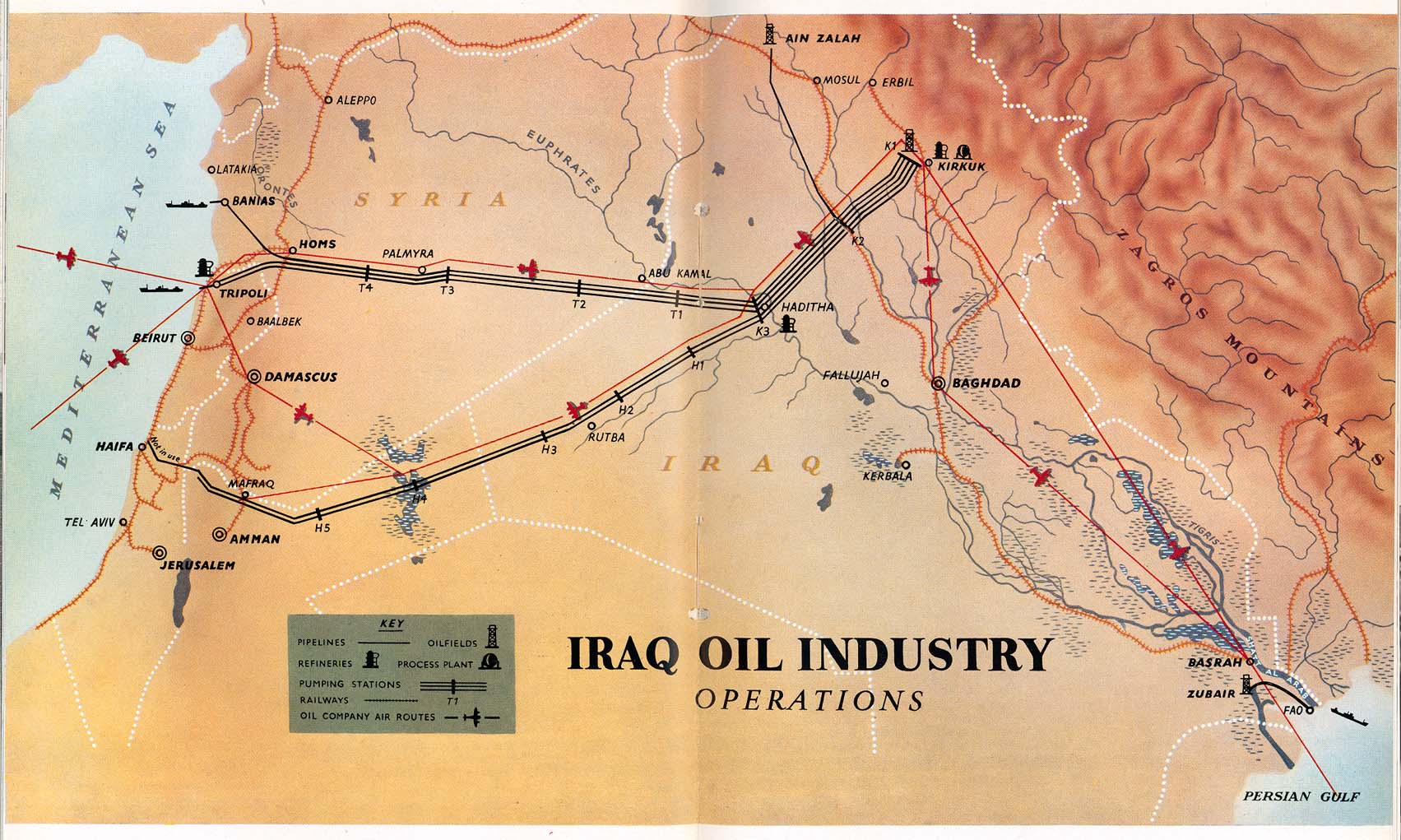Regan Boychuk British, American, and Russian elites planned global domination through one great war a century ago, but it did not quite work out. Instead, today we approach a third world war to avoid democracy and the rational conservation of resources on a finite planet. It appears imperial monarchs were colluding in 1914 to vanquish […]
Continue ReadingBichler & Nitzan, ‘הדרך לעזה: על משטרי הכוח וכנסיות האל העליון היחיד (The Road to Gaza: On Modes of Power and Supreme-God Churches)’
Abstract מלחמת הקודש המתנהלת בין המיליציות הרבניות לבין המיליציות האיסלמיות הינה מסוג חדש. אבל הדרך למלחמה בעזה נסללה עוד לפני כששת אלפים שנה, בעת שקמו לראשונה משטרי המלוכה-כהונה במסופוטמיה. אוליגרכיות אלה היו הראשונות שיצקו תשלובת חזקה של מלך עריץ בארמון וכוהני אל-עליון במקדש. ילידי המזרח התיכון היו הראשונים בהיסטוריה האנושית שזכו בכבוד להתקיים כנתינים כנועים […]
Continue ReadingBichler & Nitzan, ‘The Road to Gaza, Part II: The Capitalization of Everything’
Abstract Our recent article on ‘The Road to Gaza’ examined the history of the three supreme-God churches and the growing role of their militias in armed conflicts and wars around the world. The present paper situates these militia wars in the broader vista of the capitalist mode of power. Focusing specifically on the Middle East, […]
Continue ReadingBichler & Nitzan, ‘The Road to Gaza’
Abstract The war that started in 2023 between Hamas and Israel is driven by various long-lasting processes, but it also brings to the fore a new cause that hitherto seemed marginal: the armed militias of the Rabbinate and Islamic churches. The Rabbinate militias, embodied in Jewish settler organizations, have taken over not only Palestinian lands, […]
Continue ReadingNoble, ‘Follow the Money: The Political Economy of Petrodollar Accumulation and Recycling’
Abstract This thesis makes two unique contributions to the International Political Economy literature. It presents the first comprehensive, empirical investigation of petrodollar accumulation and recycling spanning the period 1980-2021. It also corrects the misconception that petrodollar recycling in the 1970s and 1980s involved the extension of loans to developing countries using fractional reserve banking and […]
Continue ReadingAlberta’s Rockefeller coups, Part 6: The Financial Frauds of American Empire Are Driving Climate Disaster, But Both Could Still Be Thwarted
Regan Boychuk Author’s Note: John D. Rockefeller Sr. had the last laugh about American anti-trust law and the muck-raking media before descending to Dante’s 9th Circle in May 1937. The oil industry’s center of gravity had begun shifting towards Texas after Spindletop in 1901, but Rockefeller coups across North America in 1931, 1935, 1938, and 1940 […]
Continue ReadingOn May 29th, Alberta Can Slip Its American Noose
Regan Boychuk Green Party of Alberta energy critic & May 2023 candidate for Banff-Kananaskis Author’s note This article will prove the United States imposed its foreign policy doctrine of “Minimum Duty” on Alberta in November 1938 and that politics in Alberta and Canada today remain in the shadow cast by that imposition of Minimum Duty. […]
Continue ReadingProfit warning: there will be blood
Shimshom Bichler and Jonathan Nitzan The following research note first appeared on Real World Economics Review Blog. We have just updated the charts in our 2014 RWER paper ‘Still About Oil?’, and the picture they portray reads like a capitalist call for arms. Beginning in the late 1980s, we suggested that, since the late 1960s, […]
Continue ReadingFrom Global Oil Politics to Desire via Gas Prices
DT Cochrane The Globe & Mail is reporting that the average fuel efficiency of new vehicles sold in 2014 dropped for the first time since 2011. The coverage suggests this is a response to falling prices at the gas pump. First, without access to the relevant data for a longer time period, it is difficult […]
Continue ReadingPetrodollars and Profit: Rethinking Political Economy through the Middle East
Max Ajl A review of Jonathan Nitzan and Shimshon Bickler’s The Scientist and the Church. Originally published at Jadaliyya Howard Page, a director at what was then Exxon, was once asked, “What would have happened if Iraq production had also surged during the 1960’s,” like that of Saudi Arabia and Iran. He responded, “I admit […]
Continue ReadingNo. 2014/04: Bichler & Nitzan, ‘Still About Oil?’
Abstract During the late 1980s and early 1990s, we identified a new Middle East phenomenon that we called ‘energy conflicts’ and argued that these conflicts were intimately linked with the global processes of capital accumulation. This paper outlines the theoretical framework we have developed over the years and brings our empirical research up to date. […]
Continue Reading
